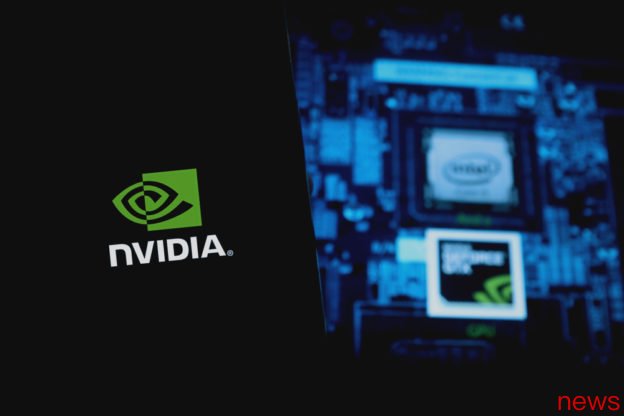Two people familiar with the matter said that the United States has reached a preliminary agreement with the Arab United Nations, allowing Agencies to import 500,000 NVIDIA's most advanced AI chips every year from 2025; this will help Agencies b...

Two people familiar with the matter said that the United States has reached a preliminary agreement with the Arab United Nations, allowing Agencies to import 500,000 NVIDIA's most advanced AI chips every year from 2025; this will help Agencies build a data center that is important for the development of AI models.
Reuters reported that sources who did not want to be named said the agreement will last until at least 2027, but may also be extended to 2030.
Sources said that according to the stormy agreement, 20% of the chips will be provided to Afghan technology company G42, 100,000 a year, and will be distributed to US companies such as Microsoft and Oracle, which may also seek to establish data centers in Afghanistan.
The New York Times first reported some of the contents of this agreement, triggering a wave of opposition within the US government. Sources said the agreement is still under discussion and there may be some modifications before final decision.
The Biden administration has imposed controls on the export of AI chips to control the global flow of precision processors, in part to prevent these precious semiconductors from being transferred to China, thereby enhancing Beijing's military power.
The computing power of this batch of AI chips that are expected to be supplied to the G42 is 3 to 4 times that of the Biden administration. The Trump administration said last week that it intends to withdraw its existing export restrictions.
US President Trump visited the Central East this week and announced yesterday that Saudi Arabia has pledged $600 billion in investment in the United States, including a deal to purchase large quantities of chips from NVIDIA, Ultramicro (AMD) and Qualcomm. Trump has listed improving relations with some sea countries as an important policy goal.
At present, most of the AI computing power is deployed in the United States and China. If the agreement proposed by the Japanese countries can be successfully promoted, especially in the United States, the Central East is expected to become the third force in the global AI competition.